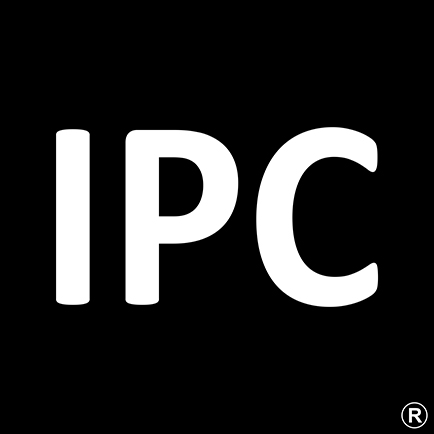Ensuring your PVC extrusions meet the necessary quality standards is a crucial aspect of maintaining client expectations and ensuring a reputation for dependability and reliability.
Whether you’re working with rigid or flexible PVC extrusion, here is a quality control checklist to help you determine if your extrusion process has yielded the product up to a satisfactory standard.
Dimensional Accuracy
The first thing you need to check is whether the dimensions of the extruded profiles line up against the specified tolerances. This means measuring its length, width, thickness, and any other crucial dimensional aspects using the necessary measurement tools such as callipers, micrometres, or gauges.
Visual Inspection
Once the dimensions have been thoroughly measured and deemed acceptable, a visual inspection should take place to ensure the surface of the extruded product is free from defects, such as scratches, dents, or cracks.
Before passing the product on to the next stage, the visual inspection should assess the product for uniformity in colour and texture to ensure the extruded profile is consistent in quality.
Density and Weight
Following visual inspection, check that the density and weight of the extruded profiles are consistent. To ensure this, weigh a sample of the extruded profiles and compare the measured weight against the specified requirements.
Periodic Material Composition Tests
Conduct periodic material composition tests throughout the extrusion process to ensure the PVC formulation is correct. During this process, make sure any contaminants or foreign materials are detected so they don’t make their way into the finished extruded products.
Mechanical Properties
Once the extruded product has been completed, mechanical tests should be carried out to evaluate the tensile strength, elongation at break, and flexural modulus of the extruded profile. At this stage, it is crucial to ensure the product meets the required mechanical properties for the intended application.
Temperature Resistance
Samples of the extruded product should also be subjected to temperature cycling tests to ensure the thermal stability is as expected. The extruded profiles need to be able to withstand the specified temperature ranges without deformation or degradation.
Bending and Flexibility
It is also important to check that the flexibility of flexible PVC extrusions and the bending behaviour of rigid PVC extrusions are at the standard you require. You should verify that flexible profiles can bend without cracking unnecessarily and that rigid profiles can withstand a certain degree of bending without breaking.
Chemical and UV Resistance
You should also test whether the extruded profiles are capable of withstanding the types of chemicals they may encounter during use, as well as whether they can withstand UV radiation within the required usage parameters. This will ensure the PVC extrusions maintain their structural integrity and appearance over time.
IPC provides compounds for both rigid and flexible PVC extrusion. Contact us to find out more about our high-quality compounds and how they can benefit your PVC extrusion projects.


